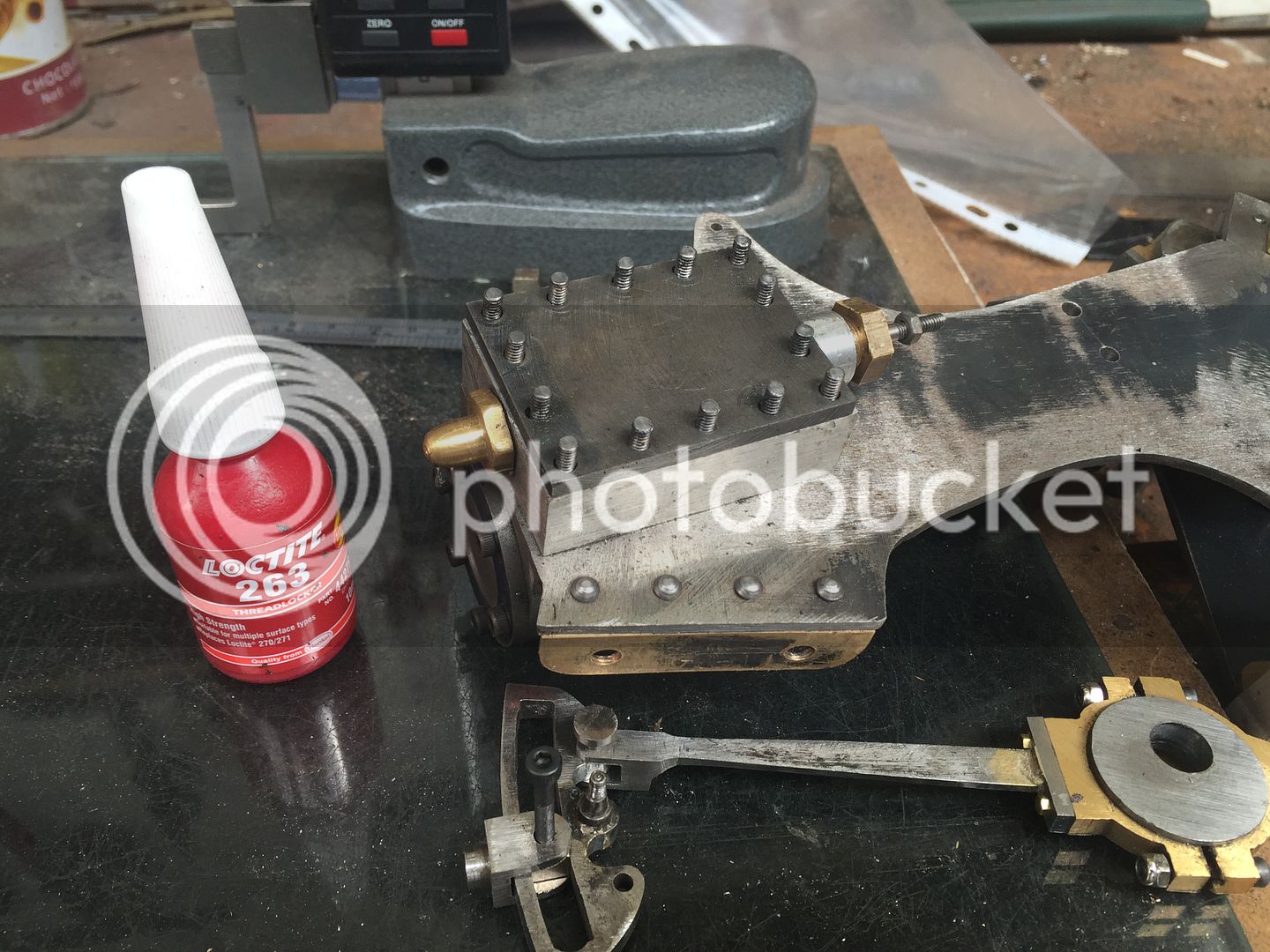Herbiev
Well-Known Member
- Joined
- Jan 6, 2011
- Messages
- 2,360
- Reaction score
- 310
I'm having a big problem with stripped 3mm x0.5 mm threads in a cast iron cylinder block. Each time the thread strips I drill a bit deeper and retap but it soon strips again. I've tried filling the holes with JB weld and retapping but no joy. Any help greatly appreciated. :wall:





